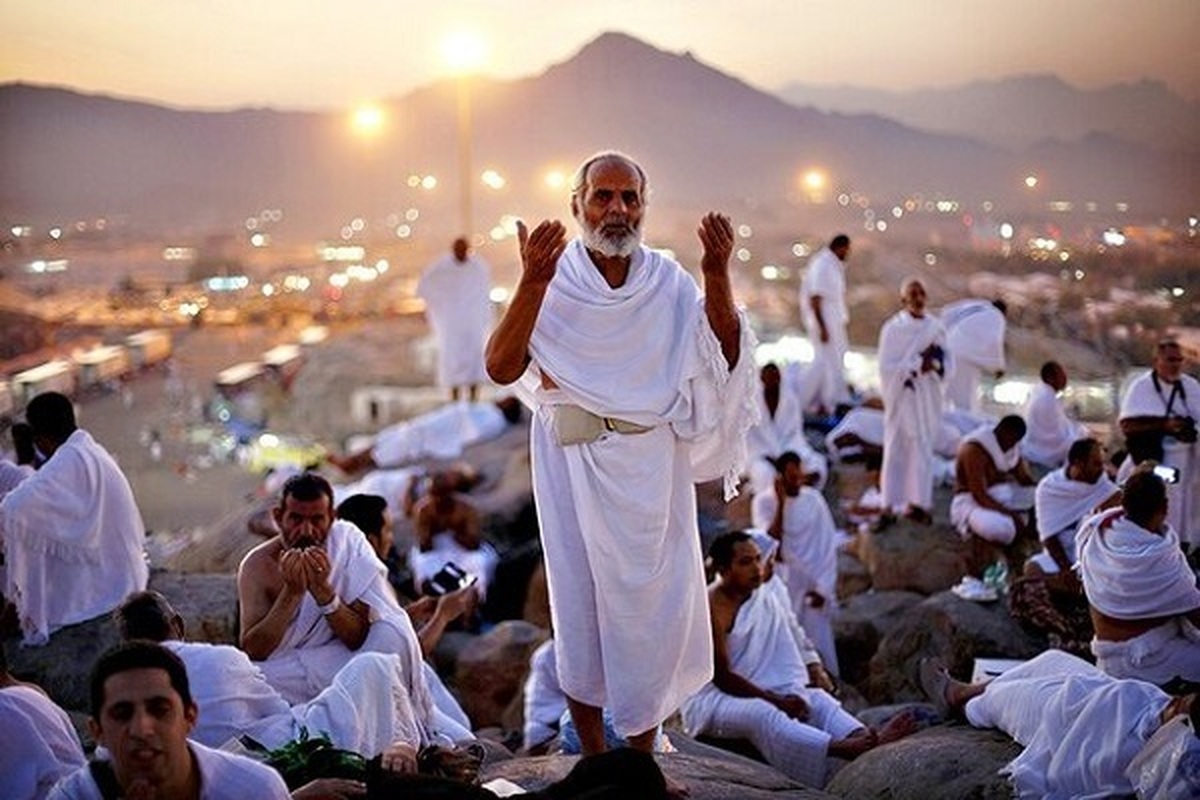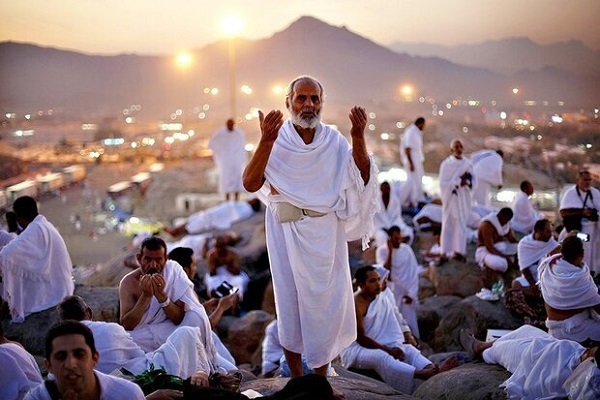Hajj: A Path of Inner Purification and Practicing Good Morals


Inner beautification and the attainment of moral virtues are among the great benefits of Hajj.
Pilgrims to the House of God, through practicing patience, forgiveness, kindness, respect, honesty, benevolence, and humility, refine their souls and cultivate qualities such as benevolence, generosity, piety, and nobility.
This educational journey is shaped through connection with sacred places and companionship with fellow believers, as the benefits mentioned in Verse 28 of Surah Hajj “so that they may witness benefits for themselves,” include the hearts’ attraction towards God and the extensive spiritual growth fostered by Hajj.
Hajj, with its specific rules and prohibitions, provides a framework for purifying a person’s inner faculties. God says in Verse 197 of Surah Al-Baqarah, “The pilgrimage is in the appointed months. (For) whosoever undertakes the pilgrimage there is no approaching (women), neither transgression nor disputing in the pilgrimage. Allah is Aware of whatever good you do. Provide well for yourselves, the best provision is piety. Fear Me, O owners of minds.”
In this verse, “no approaching” is to cleanse the lustful faculty, “no transgression” is to control anger and purify the irritable faculty, and “no dispute” is to refine the intellectual and verbal faculties.
Gentleness, avoiding harsh and inappropriate speech, refraining from rudeness in conversation, suppressing anger and irritation, speaking politely, and even enduring the annoyance and harm caused by others are manifestations of good character and signs of an insightful pilgrim.
Perhaps one of the important wisdoms of Hajj is the practice and perseverance in virtuous ethics, kindness, and beauty in speech—especially for pilgrims traveling together in a caravan, who must show tenderness and friendship toward one another and endure the hardships and difficulties of the journey with empathy and good conduct.
From the perspective of Imam Reza (AS), the primary purpose of Hajj is to enter the presence of God and to purify oneself from sins and desires. Abandoning cruelty, greed, negligence, despair, and spiritual impurities are among the wisdoms of Hajj, which resemble a rebirth for the individual.
The late Maleki Tabrizi described Hajj as a divine remedy for healing the ailments of the heart, saying that spending money on Hajj cures stinginess, and humility during Tawaf (circumambulation) and prayer cures arrogance.


